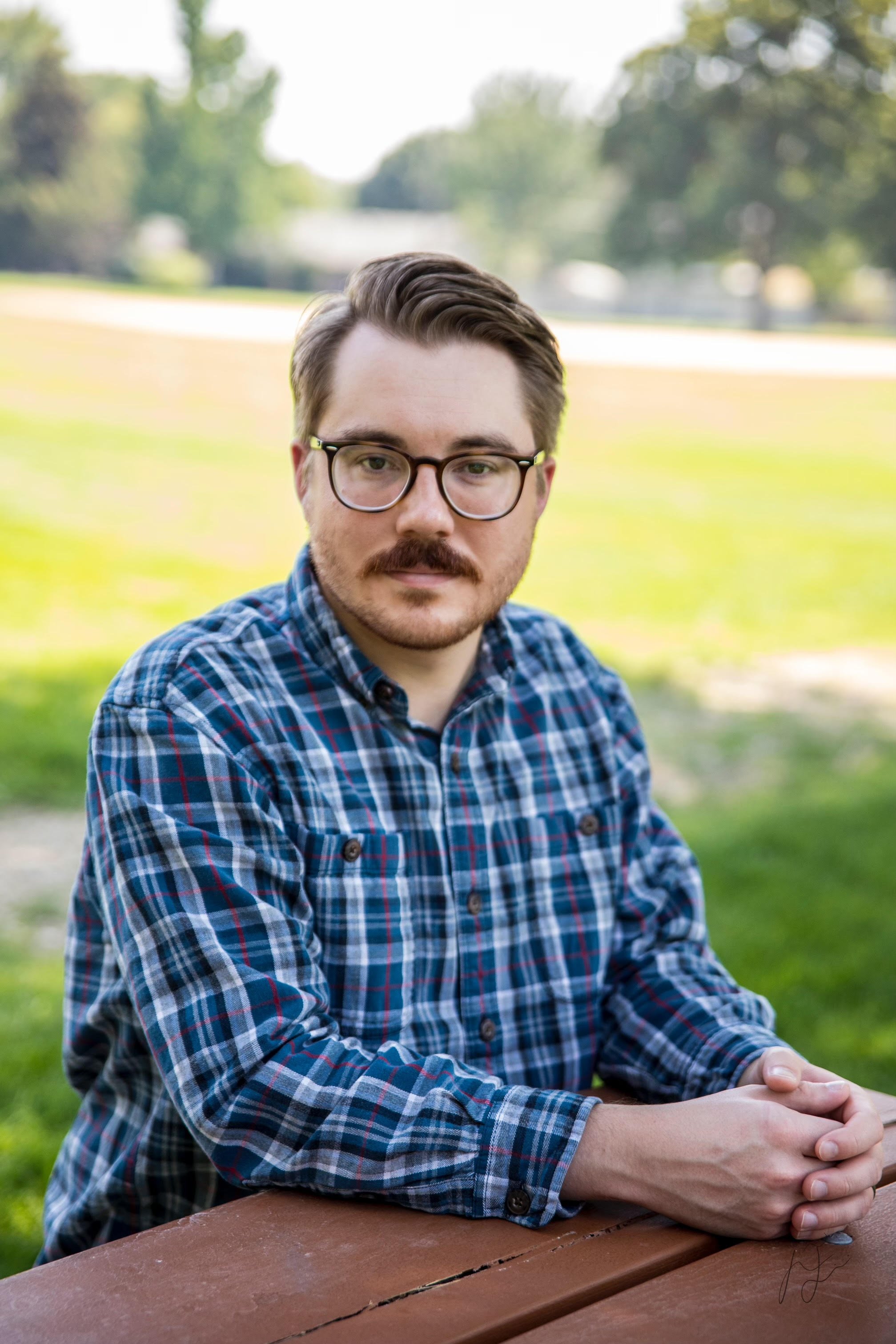
Riley Fairgrieve
LPC, NCC
“If you light a lantern for another, it will also brighten your own way”
– Nichiren
Hello! My name is Riley Fairgrieve (he/him) and I am so glad you are here. In my practice, I work with children, adults, couples, and groups as they begin to address the challenges they are facing in their lives. As a culturally-sensitive and LGBTQIA+ affirming therapist, I strive to create an inclusive, safe, and welcoming environment for all people where all individuals are accepted and encouraged to explore their inner worlds of emotions, thoughts, and experiences.
I work from a humanistic, trauma-informed, and attachment-focused lens to prioritize the uniqueness and lived experience of everyone I work with. I am passionate about working with clients to utilize the strengths they already possess to explore practical approaches to developing healthier relationships with themselves and others, resulting in relationships and experiences that lead to a more fulfilling and meaningful life.
I am also passionate about the integration of geek culture and table-top roleplaying games into therapeutic spaces. I run Therapeutically-Applied Tabletop Roleplaying Game (TA-TTRPG) groups for children, teens, and adults that provide a safe and fun space to encourage social skills building, positive community development, and creative play.
If it sounds like I might be able to support you in this phase of your life journey, please feel free to contact me via phone or email to set-up a 15 minute free consultation. I look forward to hearing from you!
Boise Office
Licensure
Licensed Professional Counselor (LPC-9829)
Idaho Division of Occupational and Professional Licenses (2023-Present)
Certifications
National Certified Counselor (NCC)
National Board for Certified Counselors (2023-Present)
Education
Master of Science in Clinical Mental Health Counseling
Emphases in Logotherapy, Play Therapy, and Grief, Trauma, and Crisis
Northwest Nazarene University (2023)
Additional Training
Externship in Emotionally Focused Couple’s Therapy (EFCT)
Advances Core Skills Training in EFCT
Sandtray Specialist
Therapeutic Approaches:
Humanistic and Existential Counseling Lens
I view all of my clients through a humanistic and existential lens, which places emphasis on each individual’s unique qualities, personal experiences, and cultural foundations that make up their lived personhood.
I also believe each person is worthy of love and acceptance, and everyone has the inherent potential for growth and change. This lens helps me view each client as a whole being, with the capacity to fulfill their potential and make meaning for themselves within their lives.
Internal Family Systems
This model views human beings as collections of “parts” that comprise the whole self. For example, a different “part” of you takes over when you must interact professionally with your coworkers than the “part” of you that appears when you get to relax around your friends and loved ones.
The goal of IFS is to explore and get to know these different “parts” of yourself and the important work they do to keep your whole system safe, while providing an opportunity to integrate these parts back into harmony within the personal system. Every “part” of you is respected, valued, and welcomed in this approach.
Emotionally Focused Therapy
I primarily utilize this model when working with couples, but this model can also be used when working with individuals and families as well. This model is grounded in attachment theory and views emotional connections and bonds as being fundamental to human well-being. An individual’s experience of their emotions in the present moment are seen as valuable ways to explore an individual’s needs, desires, and vulnerabilities.
This model believes that the exploration core emotions’ connections to attachment needs and the integration of core emotional experiences lead to healthier relationships with self and others, and thus to overall mental health.
Child-Centered Play Therapy
I primarily utilize this model when working with children, as this perspective recognizes the importance of play as a natural language present in all human beings but easily accessed by children. In much the same way that traditional talk therapies use spoken word, Child-Centered Play Therapy uses play as the medium by which children experience self-expression, exploration, and healing.
This model also believes children possess the innate ability to work through their struggles and challenges when they are provided with a supportive and empathic environment.
Sandtray
It is true that sometimes words fail to fully capture and communicate the entirety of our internal experiences. The use of Sandtray relies on the inherent knowledge of the body to provide insight and knowledge into internal experiences. This technique provides clients with a small box filled with sand, and a collection of figurines and other materials that can be placed in the sand to create various scenes.
These scenes often draw from deep places within the client’s internal experience, using the blank canvas of the sand and the symbology of the figures to bring forth meaning.
Therapeutically-Applied Tabletop Roleplaying Game Groups
This emerging group modality is a fun and exciting way to engage with group therapy. This method utilizes Tabletop Roleplaying Games like Dungeon and Dragons, to provide group members with an opportunity to strengthen social skills, explore personal expressions of identity, increase self-regulation, and support community development.




